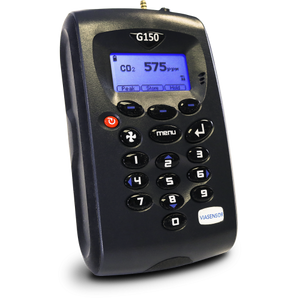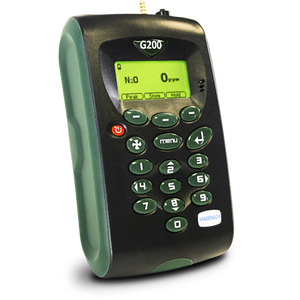News
Decluttering Earth's Orbit: Space Garbage...Sign Me Up For Space Trash Job!

Space may seem like a vast empty void of, well, space, but there’s much more out there than what meets the eye. Besides the stars and planets, there is also a lot of man-made junk floating around up there. Thousands upon thousands of pieces of obsolete junk circle around the Earth at speeds reaching thousands of miles an hour. These chunks of space debris are effectively orbital bullets that pose a risk to manned space craft, satellites and the International Space Station.
The European Space Agency plans to slowly but systematically remove these orbiting chunks of space trash. But there could be a hitch: In the wrong hands, the technology used in space cleanup operations can also be used as a very effective weapon.
First Space Cleanup Mission
For its first mission, scheduled for 2025, the ClearSpace-1, effectively an orbiting garbage truck designed by ClearSpace, will search for its targeted satellite, and then track it before capturing it. Once captured, the space garbage truck’s next job is to remove it from space. This will be achieved by dragging the targeted satellite back into the Earth’s atmosphere, where it will burn up upon entry.
According to Luc Piquet, CEO of ClearSpace, the 2025 maiden mission will consist of a “non-cooperative captureâ€, which means the targeted chunk of trash does not have any system or mechanism to help the space garbage collectors get a hold of it. In this pioneering space cleanup operation, “the ClearSpace mission will address and solve critical technical problems,†Piguet said in an interview with the The Daily Beast. Piquet, who hopes to see the removal of space debris becoming standard practice, suggests that in the future, satellite and space craft manufacturers could build interfaces into their products that will make it easier for space garbage collectors to remove them from space. I see the future for big players like Waste Management and Republic Waste
The problem is that if this kind of technology gets into the wrong hands, say that of a hi-tech terrorist group or rogue regime, it could be used as a military weapon that could find, track, capture and remove early warning devices such as missile warning satellites, weakening military defense systems that orbit space. While this may sound like something out of a James Bond movie, it is totally plausible, and reason for concern. But with the alarming growth in the amount of space debris circling the planet — which according to ESA, currently stands at 34,000 pieces larger than 10cm, and millions of smaller bits, with these numbers constantly growing — space agencies seem to think it’s a risk worth taking.
Satellites are being launched by the hundreds if not thousands for telecommunications, military and weather observations, and more. While most can be successfully de-orbited at the end of their useful life, many do not, potentially forming a trail of debris littering space. As this poses a major hazard to the very companies responsible for the litter, it is in their own interests to clean up their act. And some have begun looking at options to do just that.
Space Cleanup Gone Rogue
Several space craft manufacturers are developing “space tugs†fitted with additional rocket boosters that can be attached to failing satellites to push them back into a higher orbit, thereby extending their lifespan. Effective Space is also developing an 800-pound space tug trash removal vehicle, which rather than boosting objects upward, would project them down towards Earth.
This method is used in dangerous space weapons that have already been tested by the likes of Russia, the United States and China. These armed satellites could effectively be used to attack spacecraft from rival countries, capturing their target and propelling it downward into the Earth’s atmosphere where it will burn up upon entry.
Consequently, there is a risk that the world will react negatively to the introduction of space tugs for use in space cleanup operations, perceiving them to be dangerous space weapons rather than more benign space garbage trucks. Suspicious countries could fear a potential attack each time a space tug is launched on a space cleanup mission.
One also needs to consider the long-term growth of the space cleanup industry. What will happen when space-cleaning technology becomes more affordable and space tugs are launched en-masse to clean up the heavens? The reality is that the very same technology used to clean up the trash orbiting our planet could be transformed into very dangerous weapons, with their targets essentially being sitting ducks.
Featured Image By SpaceX - Falcon Heavy Demo Mission, [CC0] / via WikiPedia Commons


